Language
Language is culture. That is an obvious statement, but it is also one with profound implications. It means that language changes and evolves, that it responds to its time. Some of these transformations are gradual, barely apparent. Others are sudden. Or, rather, urgent.
Feminisms and LGBTQIA+ movements have shown us that how we speak or write contributes, first, to women’s invisibility and, second, to the perpetuation of binarism. The neutral gender – formed in Spanish, for instance, with x, i or e – is gaining ground today as a tool for inclusivity and justice. Spanish minister Irene Montero uses it regularly; it has appeared in prime-time slots on Telecinco, RTVE and myriad new platforms. Meanwhile, the Spanish Royal Academy has, of course, rejected its inclusion in officialdom.
Beyond the Royal Academy, the reaction has been strong and violent, seeming at times to overlook the fact that our sole aim is to improve the lives of people who continue to be systematically rejected by language. At the same time, using inclusive language is obviously complicated. It goes beyond any education that most of us have managed to receive. The selection included here seeks to resolve doubts and encourage its use. It does this through two practical handbooks (one for Spanish and one for English) and a fundamental essay, Lenguaje inclusivo y exclusión de clase (Brigitte Vasallo. Larousse, 2021), which recalls that difficulty and inclusivity are antonyms, and any attempt at a language for everyone must be exactly that, for everyone.
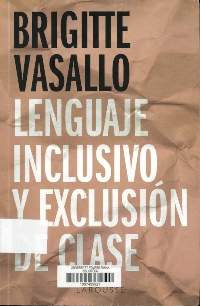
Vasallo, Brigitte. Lenguaje inclusivo y exclusión de clase.
Barcelona: Larousse, marzo de 2021
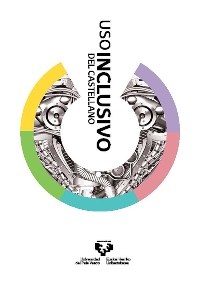
Fernández Casete, June; Martínez Odriozola, Lucía; Fernández González, Mª Ángeles; Momoitio San Martín, Andrea. Uso inclusivo del castellano.
Bilbao: Dirección para la Igualdad de la UPV/EHU; Pikara Magazine, 2018
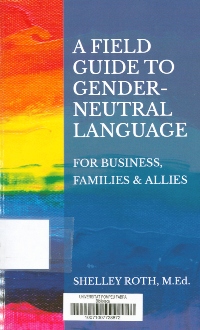
Roth, Shelley. A field guide to gender-neutral language: for business, families & allies.
Houston, Texas: Springboard Publishing, 2020
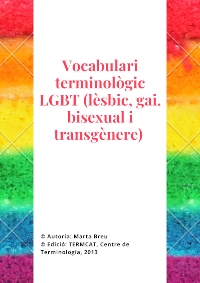
Vocabulari terminològic LGBT (lèsbic, gai, bisexual i transgènere).
Barcelona : TERMCAT, Centre de Terminologia, 2013
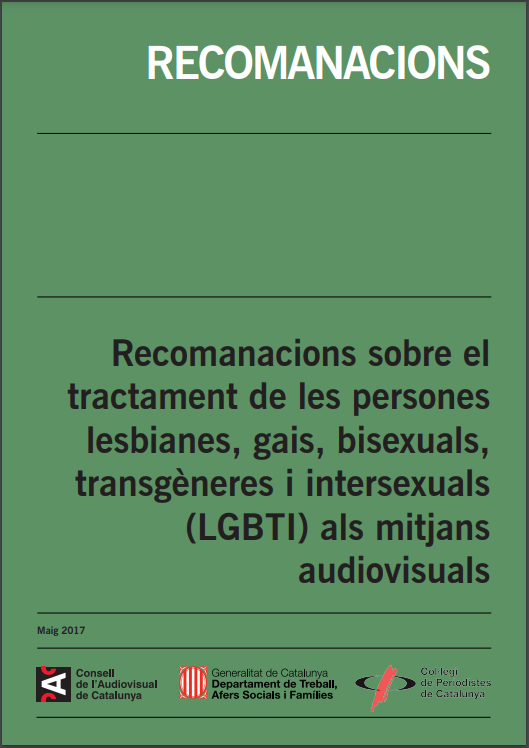
Coll-Planas, Gerard. Recomanacions sobre el tractament de les persones lesbianes, gais, bisexuals, transgèneres i intersexuals (LGBTI) als mitjans audiovisuals.
Barcelona : Consell de l'Audiovisual de Catalunya : Generalitat de Catalunya, Departament de Treball, Afers Socials i Famílies : Col·legi de Periodistes de Catalunya, juny de 2017
